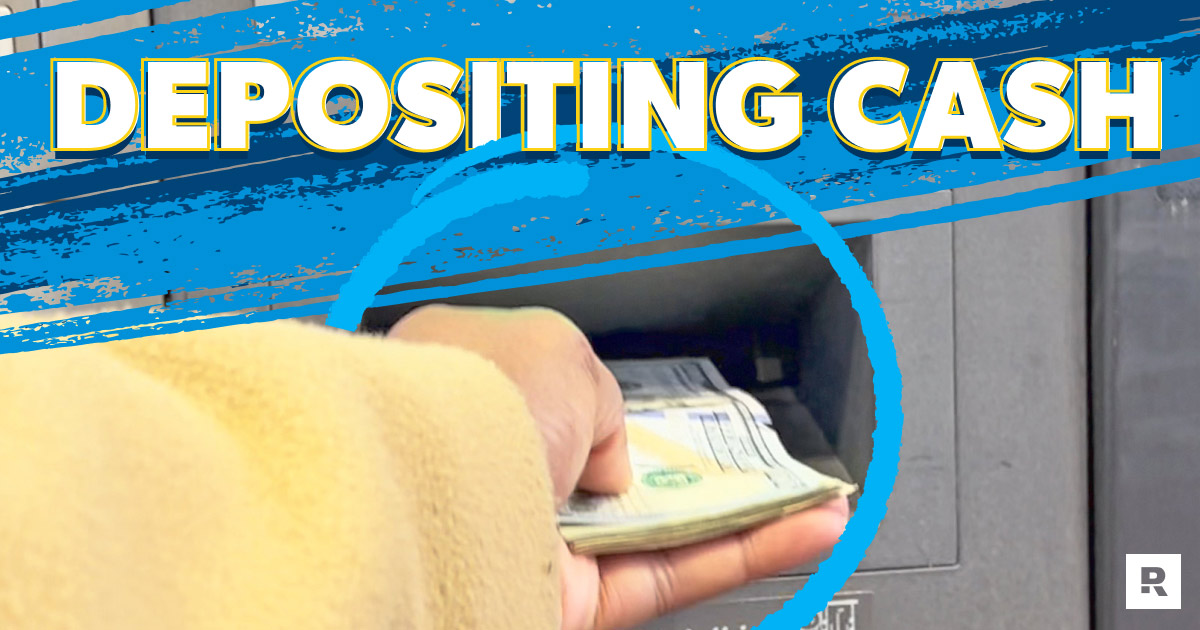Weighing the Pros and Cons of Cash Deposits
Understanding these pros and cons will help you make an informed decision about whether cash deposits are the right choice for managing and growing your finances.
Pros:
Security: Depositing your cash in a bank ensures it’s safeguarded against theft or loss. Banks offer secure environments far safer than keeping large amounts at home.
Insurance: Your deposits are insured up to a certain limit (e.g., $250,000 by the FDIC in the U.S.). This protection means your money is safe even if the bank fails.
Interest Earnings: Cash deposits in savings accounts earn interest over time, helping your balance grow with minimal effort on your part.
Ease of Access: Cash in a bank account is readily accessible. You can withdraw or transfer funds quickly, often via ATMs or online banking.
Budget Management: Having cash in a bank makes it easier to track spending and manage finances, supporting better budgeting habits.
Cons:
Lower Returns: The interest rates on cash deposits are often lower compared to other investments like stocks or bonds, potentially leading to lower long-term gains.
Inflation Risk: With relatively low interest rates, there’s a risk that inflation could outpace your earnings, diminishing the purchasing power of your savings over time.
Fees: Some bank accounts come with monthly fees or require minimum balances, which could erode your savings if not managed properly.
Limited Growth Potential: Unlike investments that might grow significantly, the growth of cash deposits is limited to the interest rate provided by the bank.








